2° Edition - 2024

The summer school was centred around EU-funded projects (OPERANDUM, LAND4CLIMATE and ALBATROSS) that aim to demonstrate the effectiveness of Nature-based Solutions to hydro-meteorological hazards in several case study sites. The summer school presented methodologies for co-creating NBS, from stakeholder engagement and risk assessment to implementation and monitoring, and evaluating their efficacy in present and future climate. The results are multidisciplinary and involve novel modelling strategies, laboratory measurements and targeted monitoring open-field campaigns where NBS were implemented.
Learning Objectives
- Understand the rationale of NBS for hydro-meteorological hazards and their benefits
- Discuss drivers of hydro-meteorological risks in a changing climate
- Select potential NBS for specific hydro-meteorological hazards
- Familiarize with modelling and monitoring methodologies to assess the efficacy of NBS
- Identify the key elements of the co-creation and replication of NBS (stakeholder engagement strategy, co-design and co-deployment process, dissemination, and replication activities)
- Work in interdisciplinary projects, address environmental topics using the socio-ecological approach
Course Outline
This summer school aimed to demonstrate the potential of innovative Nature-based Solutions (NBS) to mitigate the impact of various hydro-meteorological hazards (flooding, erosion, landslides, droughts, etc.) in diverse rural settings, based on the experience gained in several case study sites established within recent EU-founded projects (OPERANDUM, LAND4CLIMATE and ALBATROSS). Participants explored the definition and classification of NBS, methodologies for monitoring and modelling the intervention, methodologies for risk assessment in socio-ecological systems, and the process of co-creation. The training program consisted of field visits, lectures from recognized scientists, discussions with local stakeholders, and independent group work on a case site. In addition, participants were introduced through field trips to one of the case studies from OPERANDUM, the EU Open-Air Laboratory at Lido di Volano (FE), Italy.
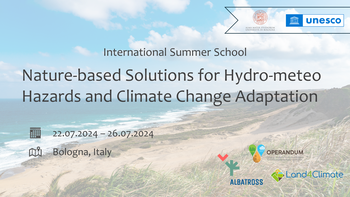
Program and Agenda
The training program consisted of lectures, a discussion with stakeholders, an independent working group and a field visit on a case site.
Album













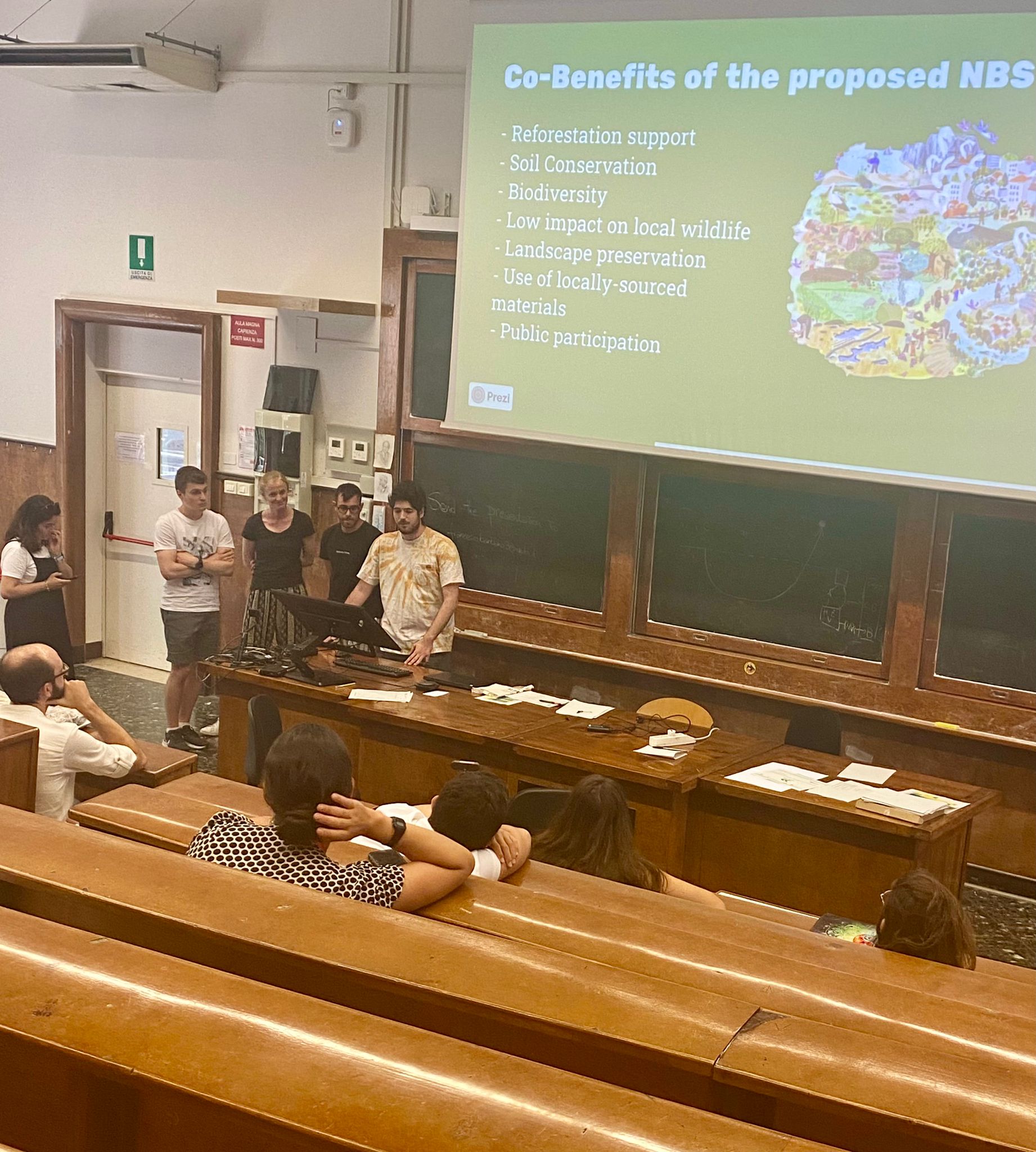
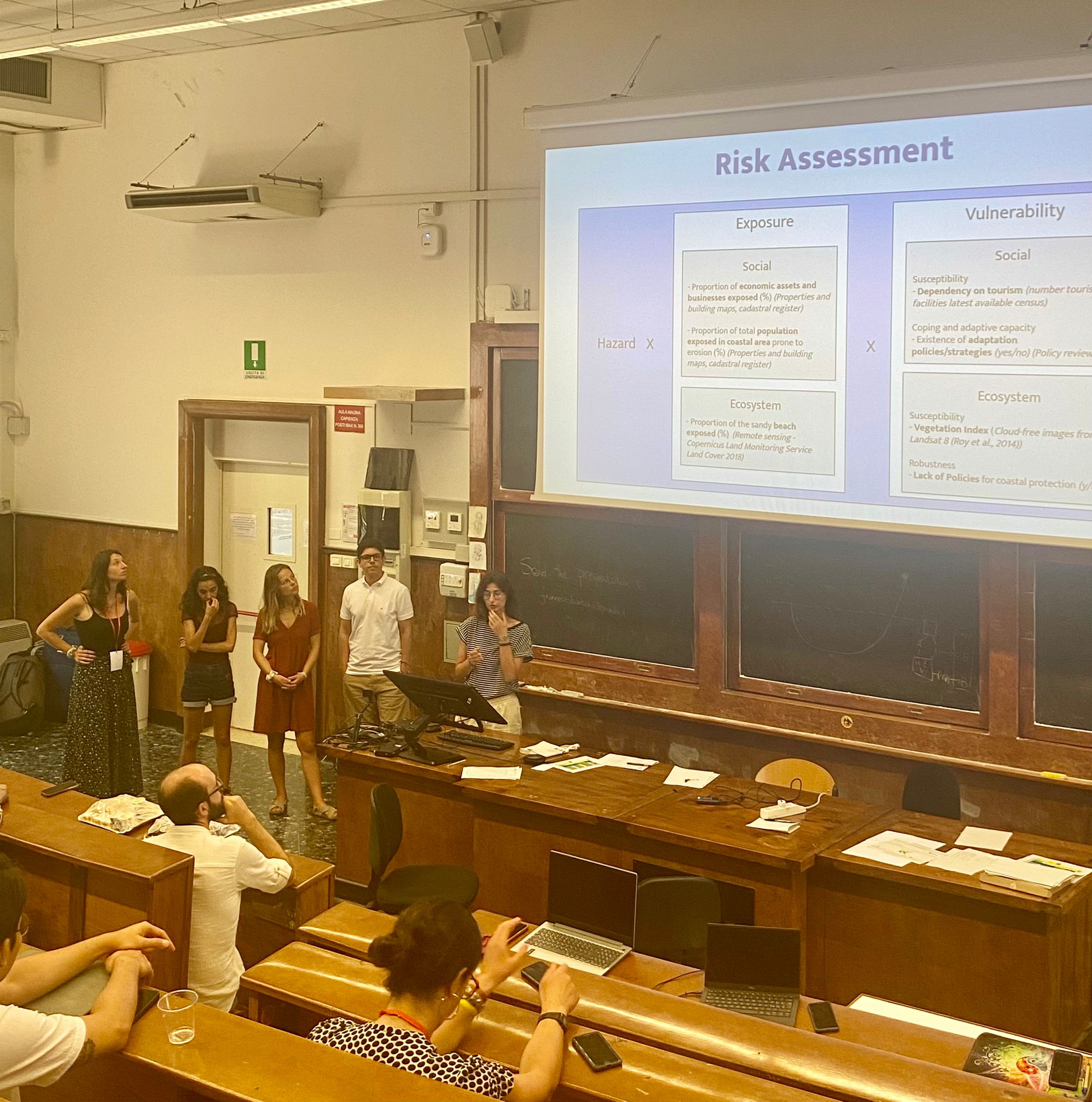
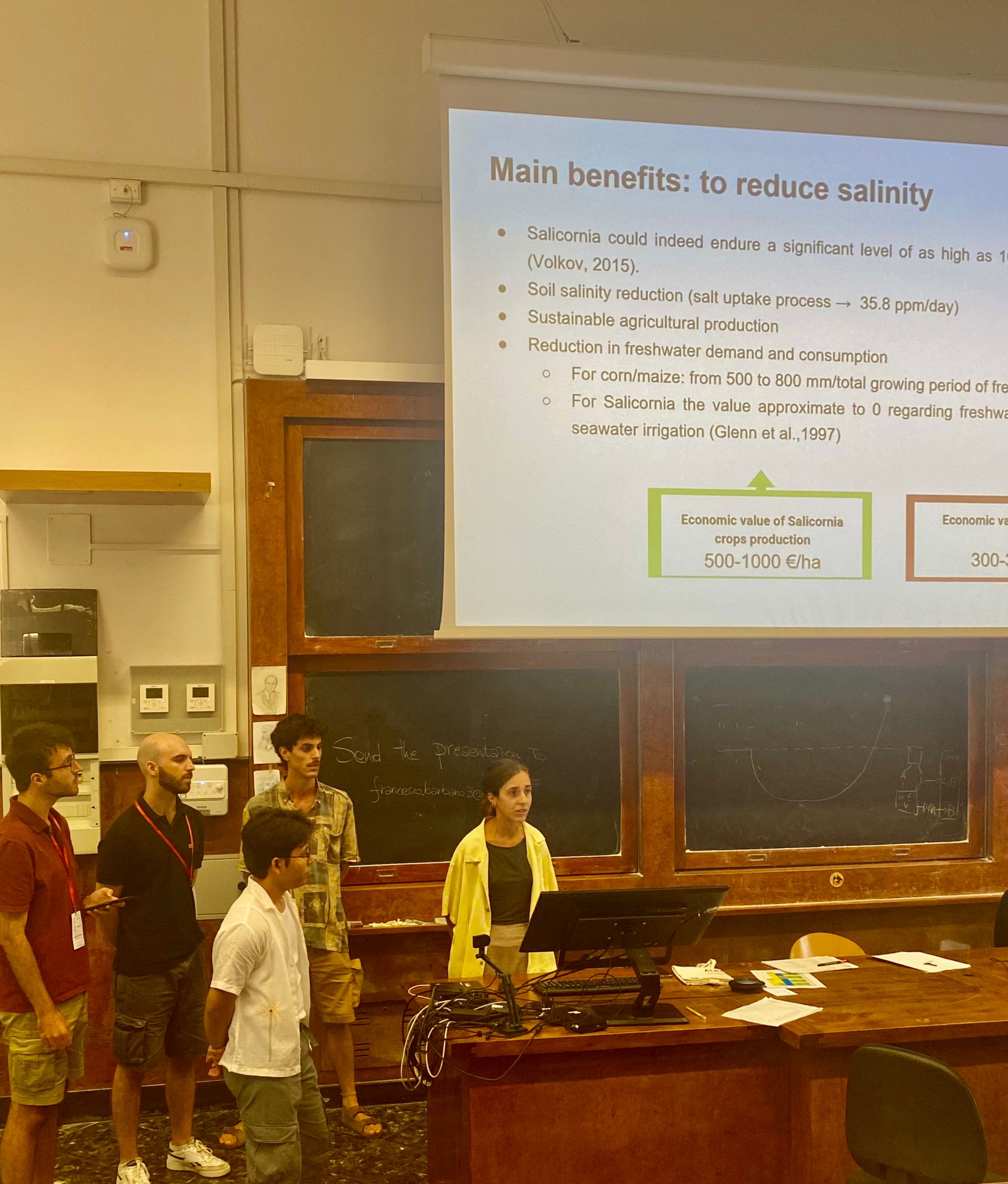
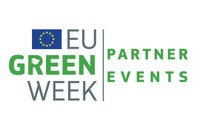
Organisers
Director: Prof. Silvana Di Sabatino (UNIBO)
Vice-Director: Dr. Irina Pavlova (UNESCO)
Advisory members: F. Barbano (UNIBO), T. Carlone (UNIBO), L. S. Leo (UNIBO), P. Ruggieri (UNIBO)
Evaluation committee: F. Barbano (UNIBO), I. Pavlova (UNESCO), P. Ruggieri (UNIBO)
Involved Institutions
University of Bologna, UNESCO, Finnish Meteorological Institute, KAJO, RINA Consulting, University of Glasgow, Delft University of Technology, TU Dortmund University, Naturalea, Ente Parco del Delta del Po'